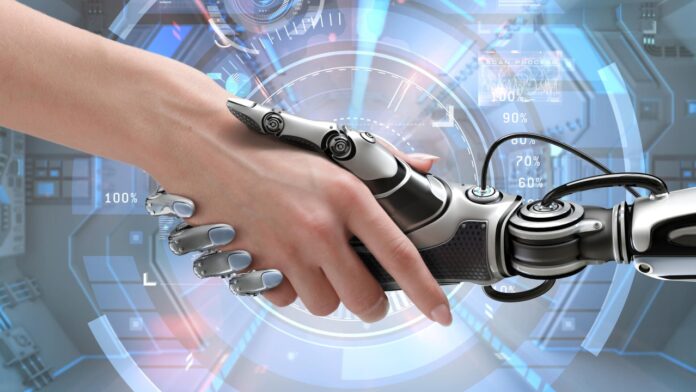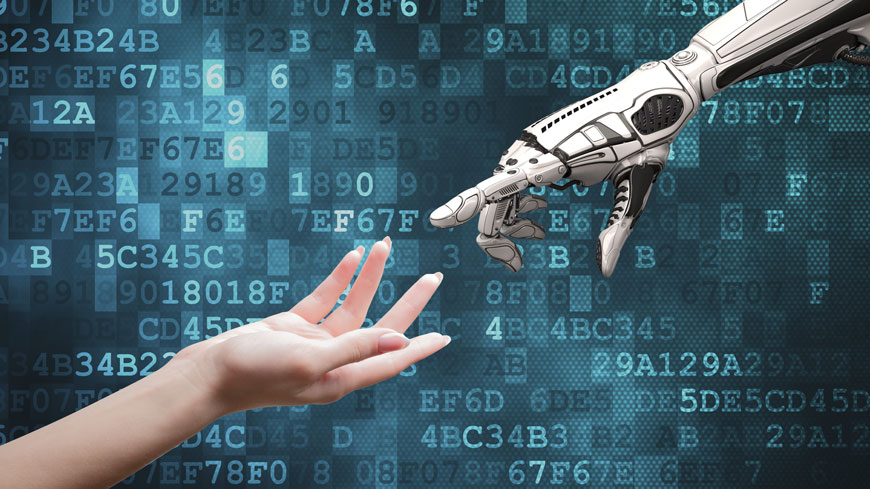TECHNOLOGY- The emergence of artificial intelligence (AI) has revolutionized various aspects of our lives, challenging traditional notions of human capabilities and raising questions about the future of work, society, and the human mind.
Rather than viewing human and artificial intelligence as competing forces, a more productive approach is to explore their potential synergy. By harnessing the strengths of both human and AI systems, we can unlock new possibilities, address complex problems, and create a future where humans and machines collaborate seamlessly.
This article delves into the relationship between humans and artificial intelligence, highlighting their complementary roles and examining the potential benefits of their collaboration.
Understanding Human Intelligence
Human intelligence is a remarkable and multifaceted phenomenon. It encompasses a range of cognitive abilities, including perception, reasoning, creativity, and emotional intelligence. Humans possess the unique capacity for abstract thinking, the ability to make intuitive leaps, and the aptitude for moral and ethical decision-making. Our intelligence is rooted in the complex interplay between our biological makeup, experiences, and social interactions, resulting in a dynamic and adaptable system.
The Rise of Artificial Intelligence
Artificial intelligence, on the other hand, refers to the development of computer systems that can perform tasks that typically require human intelligence. AI systems employ algorithms and vast amounts of data to recognize patterns, make predictions, and automate processes. Machine learning and deep learning techniques enable AI systems to learn from data and improve their performance over time. The advancements in AI have led to breakthroughs in various fields, including healthcare, finance, transportation, and entertainment.
Complementary Roles of Human and Artificial Intelligence
While AI excels at processing large volumes of data and executing repetitive tasks with precision, human intelligence possesses distinct advantages. Humans possess creativity, empathy, and nuanced understanding, enabling them to tackle complex, ambiguous, and novel situations. By combining human cognitive abilities with AI’s computational power, we can harness the strengths of both systems and achieve remarkable outcomes.
Augmented Intelligence: Rather than replacing humans, AI can enhance human capabilities. By automating routine tasks, AI frees up human capacity for more meaningful and value-adding activities. For instance, in healthcare, AI can assist doctors in analyzing medical images, allowing them to focus on diagnosis and patient care.
Decision Support Systems: AI systems can provide valuable insights and recommendations to aid human decision-making. By processing vast amounts of data and identifying patterns, AI can assist professionals in making informed choices across domains such as finance, marketing, and logistics.
Creativity and Innovation: While AI algorithms can generate impressive outputs, they lack the ability to truly create or innovate. Human creativity, driven by imagination, intuition, and emotional intelligence, remains unparalleled. AI tools can serve as inspiration, assisting humans in ideation, design, and problem-solving.
Ethical and Social Considerations: AI systems are only as good as the data they are trained on, and they lack intrinsic values or ethical reasoning. Human involvement is crucial in ensuring responsible and unbiased AI deployment. Humans can critically evaluate AI outputs, consider ethical implications, and mitigate biases, thus shaping AI’s impact on society.
Challenges and Ethical Implications
The collaboration between humans and artificial intelligence also poses challenges and ethical considerations. Privacy concerns, transparency in decision-making, and potential job displacement are among the key issues that need careful consideration. To maximize the benefits of this collaboration, it is essential to establish ethical frameworks, promote transparency, and ensure that humans remain in control of critical decision-making processes.
Conclusion
Human and artificial intelligence are not mutually exclusive but rather possess complementary strengths. By combining the cognitive abilities of humans with the computational power of AI, we can unlock new frontiers of innovation, efficiency, and problem-solving.
The collaboration between humans and artificial intelligence has the potential to revolutionize various sectors and improve the quality of life for individuals worldwide.
However, it is imperative that we navigate this collaboration with careful consideration for ethical implications, ensuring that technology remains a tool that enhances human capabilities rather than replacing them.










